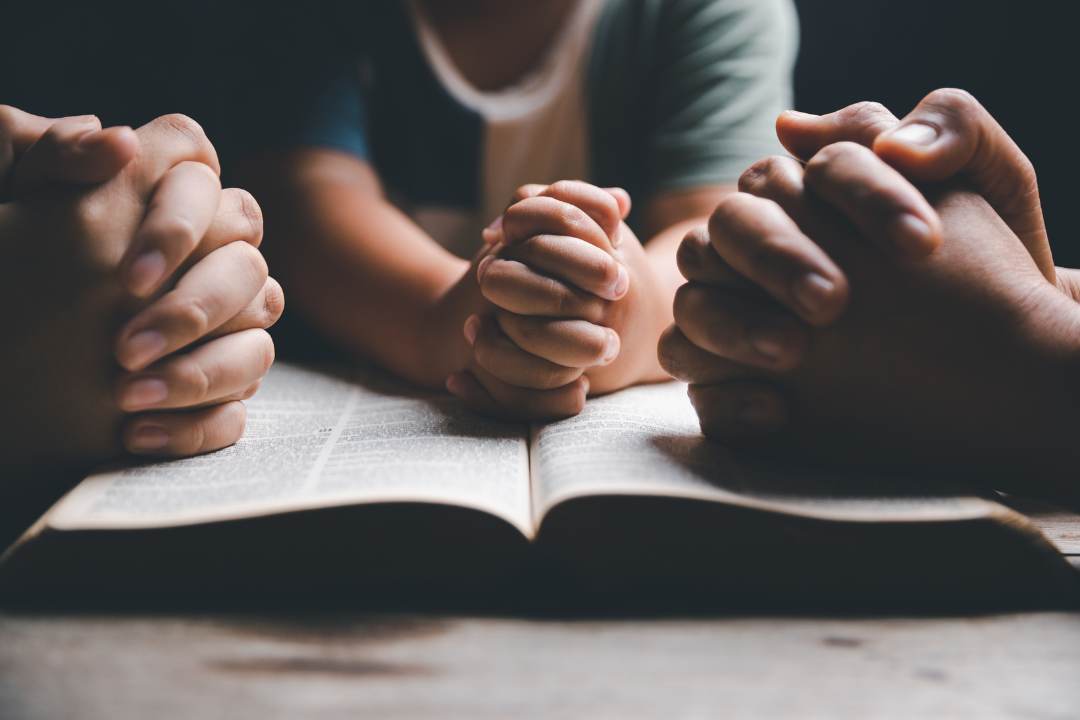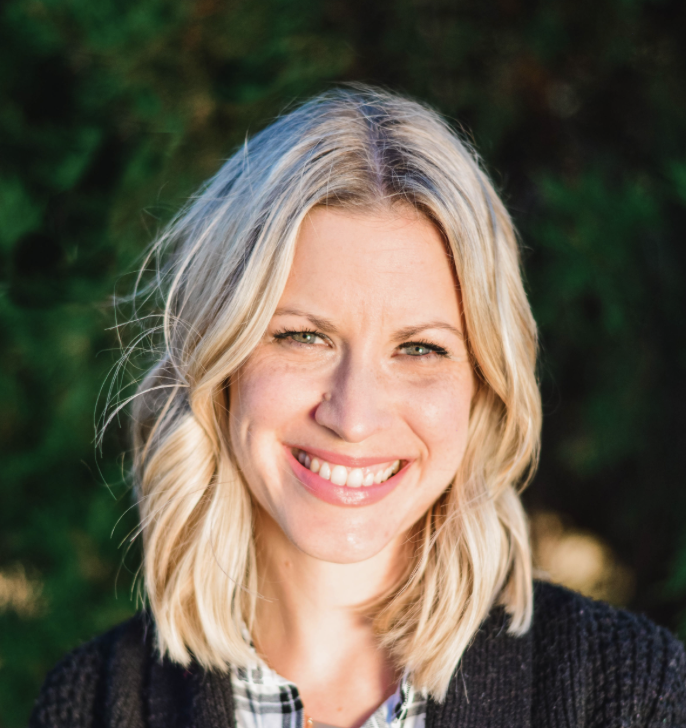A few years ago, our family attended an anniversary service for a good friend who pastored a church in our city. Like you would expect when visiting a church, we were greeted at the door by smiling faces and eager handshakes. People were excited to show us to our seats and explain to us what to expect. Because we were members of a different church, our kids took in the whole experience with anticipation. We don’t usually visit other churches, so this was new and novel for them.
But it was also easy to see that we were new that morning. My family is white, and our friend pastored a predominantly black church. Besides the fact that our expressions showed that we didn’t know where we were going, our ethnicity showed we were new.
On that Sunday morning, we worshiped with these dear brothers and sisters. We prayed alongside them. Read scripture with them. Sang songs with joy. Heard the word preached with power.
As we drove out of the parking lot, one of my sons said, “Why do our friends go to a black church, and we go to a white church?”
Kids are perceptive, you see. Often, they make observations without judgment. They call it like they see it. When they notice something, they bring it to your attention, whether you want them to or not. Their entire development is built on discovery. And when they spend their life in diverse spaces, landing in a monolithic one on a Sunday leads them to ask questions.
Sometimes kids do ask questions based on prejudice, and we help them identify that prejudice. But sometimes, like this time, they ask questions that penetrate our prejudice. Why do we go to a mostly white church and why do they go to a mostly black church?
Martin Luther King, Jr. once called Sunday morning the most segregated hour in America. And he’s not wrong. According to a Lifeway Research Study in 2021, 3 out of 4 (76%) churches are made up of only one ethnic group.(1) Despite the desire among the majority of pastors to change this, it remains an immovable reality.
It’s hard to pinpoint the exact reason for this, but some of it is owing to our country’s long history of racism and segregation. Churches used to be intentionally created as segregated spaces. A recent documentary on PBS revealed just how important the Sunday experience was for many African Americans in the segregated south. For many, it was the only time during the week they could safely express themselves. It was the only time during the week they could be free. Gathering in the black church on a Sunday morning gave them their dignity back, even when stepping outside of the church building stripped them of it once again. From much of our nation’s history, white people worked hard to keep black people out of their sanctuaries.
But anymore, we might not intentionally create church environments designed to leave people out, but we might unintentionally do it. From the refusal to blend worship styles to literally barring them entry into their buildings, those in majority culture have not created a welcoming presence for people of color to step foot in our buildings. And when they do, it takes tremendous courage, conviction, and sacrifice to inhabit a space which caters to cultural preferences different from their own. Despite our desire to see churches representative of every tribe, tongue, and nation, we have a long way to go. And my son noticed it.
What does my kid’s question teach me? If children make observations, not judgments, what do his observations teach me about the future of our churches in America?
Our Kids Expect Diversity
My children attend a diverse school. We live in a diverse city. They read the Bible or hear it read to them. They understand that God created all of us for his glory. Children don’t have room for nuance, so they expect justice. They expect truth to match reality. When we tell them that God created everyone equally and wants all nations to worship him, they expect to see the nations with them in the pew. When we invite friends to church, they expect to invite people who look like them and people who don’t. When they attend school and play sports with people from diverse backgrounds, it’s jarring for them to step foot in church and see the opposite. This gives me hope for the future. As our cities and school districts continue to reflect the world, maybe our kids will expect our churches to also.
Kids See Our Blind Spots Better than We Do
It took getting my kids out of their normal spaces to see that maybe our churches aren’t as united as our other spaces are. It was when they were in the minority that they saw that their friends would be in the minority in our own church building. Our intent that morning was not to expose them to diversity. We simply wanted to support our friend. But it taught us that we should make an effort to worship in different spaces more often.
This principle is true for adults too, even if you don’t have kids. It’s easy to think everything is fine if we stay in our own comfort zones. It’s easy for me to forget that people don’t have the privilege I have, or worship differently than me, or even live a different life than me, if I stay in the places that are familiar to me. When I step outside of my normal experience, I see a world that God has made.
When we travel to different countries, we observe cultures that are different than our own. When we read books by authors of different cultures, we experience different worlds. When we talk to people from different backgrounds, we learn that God created a big and beautiful world to discover and explore. Our experience and background is one small part of that.
But we are conditioned to move away from diversity. It’s not always intentional bias. Sometimes it’s just ease. It’s easier to live in the neighborhood where my friends live. It’s easier to play on the sports team with my friend’s kids. It’s easier to attend church where everyone I know lives and worships.
God’s heart for his people is not homogeny. He wants all of us to learn from and with one another. He’s so vast, it takes all our experiences to learn of his character.
Kids have an exceptional ability to draw out the heart of God. I think this is why Jesus repeatedly said to let the children come to him and used children as an object lesson. They ask honest questions that expose our hearts and center our actions. And they remind us that we still have a long way to go to see Revelation 7:9 fulfilled—where every tribe, tongue, and nation is worshiping around the throne of the lamb.
1. Lifeway Research, “Pastors’ Views on Racial Reconciliation: A Survey of American Protestant Pastors,” Sept 2021, 5, available at https://research.lifeway.com/wp-content/uploads/2022/02/Pastors-Sept-2021-Racial-Reconciliation-Report.pdf; see also Marissa Postell Sullivan, “Most Pastors See Racial Diversity in the Church as a Goal but Not Reality,” Lifeway Research, Feb 15, 2022, https://research.lifeway.com/2022/02/15/most-pastors-see-racial-diversity-in-the-church-as-a-goal-but-not-reality.
2. The Black Church, Henry Louis Gates, Jr., PBS, 2021, https://www.pbs.org/blackchurch/
Prayer Requests:
- Pray for eyes to see the ways you have unintentionally segregated yourself from worshiping with people who are different from you.
- Pray for humility to welcome people of diverse backgrounds into your church and for grace to bend to their interests for the sake of unity.
- Pray for God’s vision for his people to be reflected in your own local church and for practical steps forward to seeing that vision realized.












